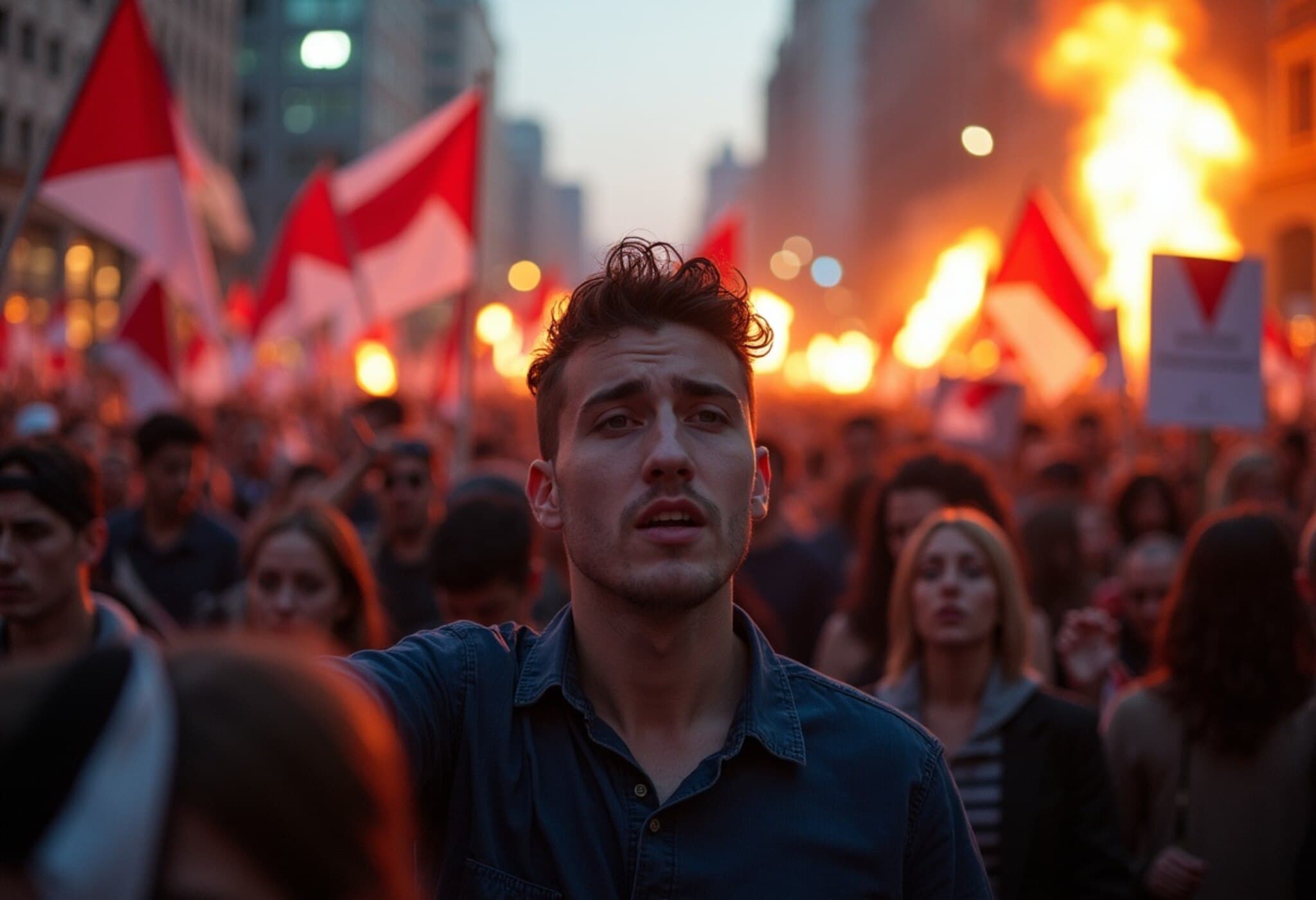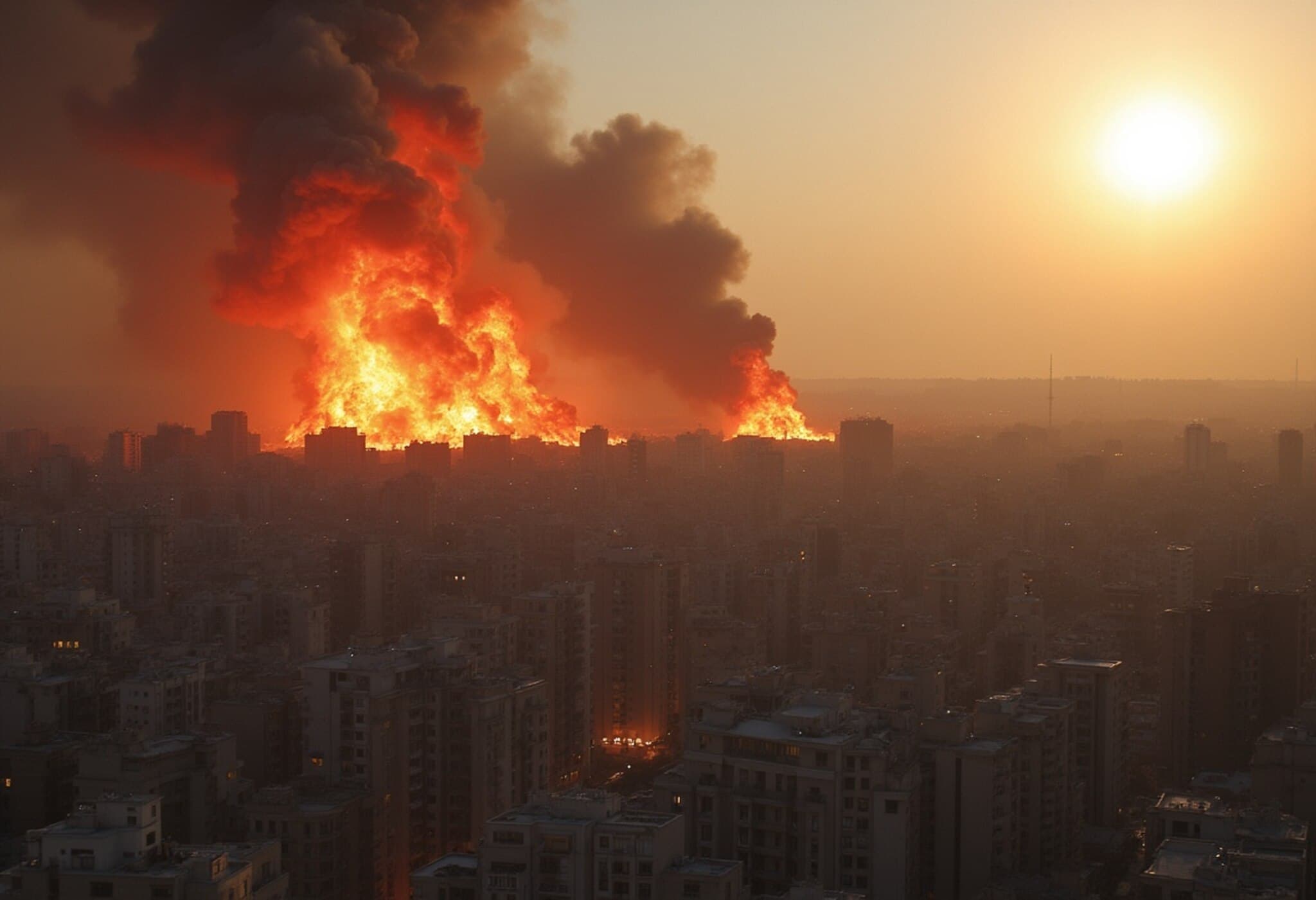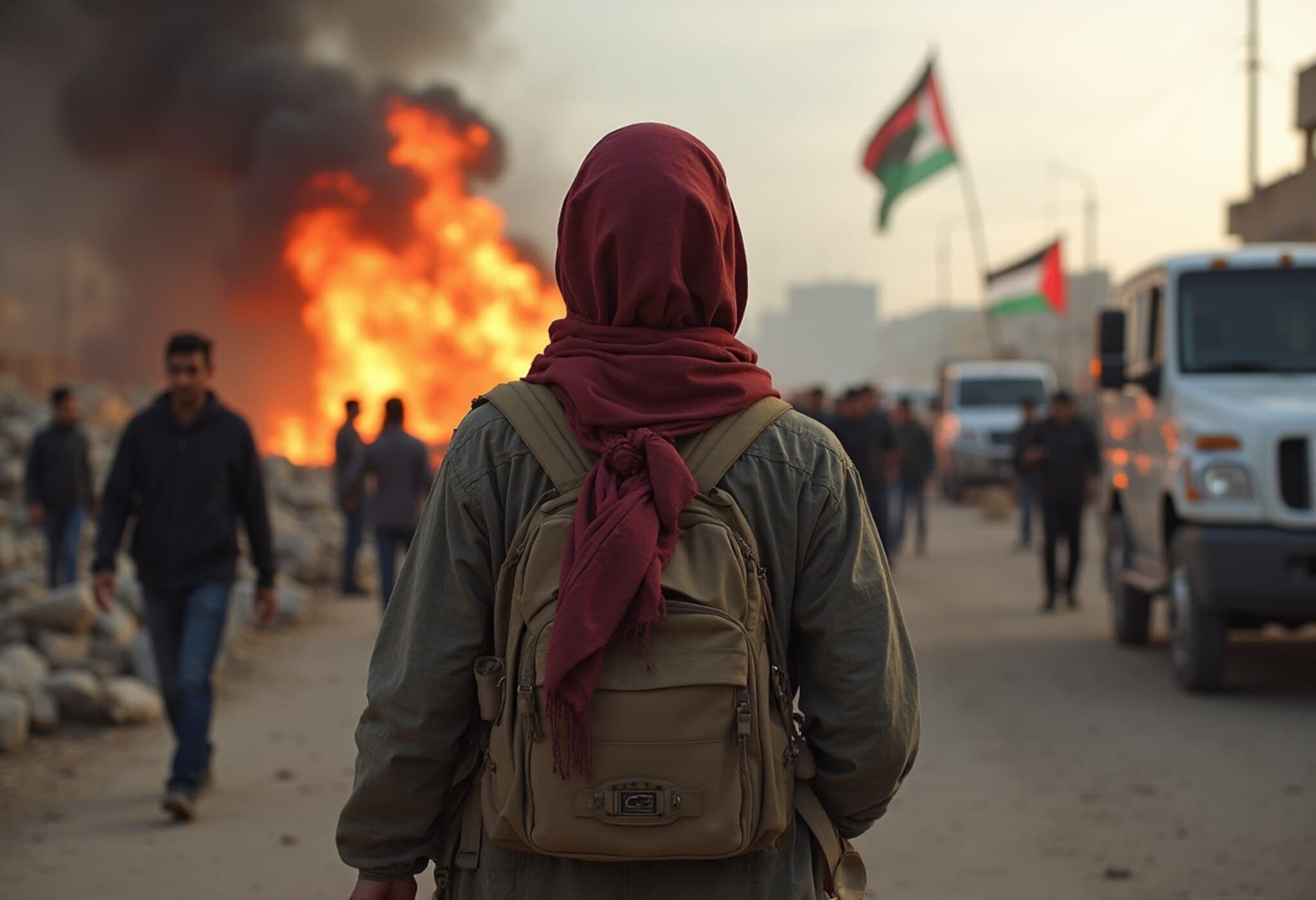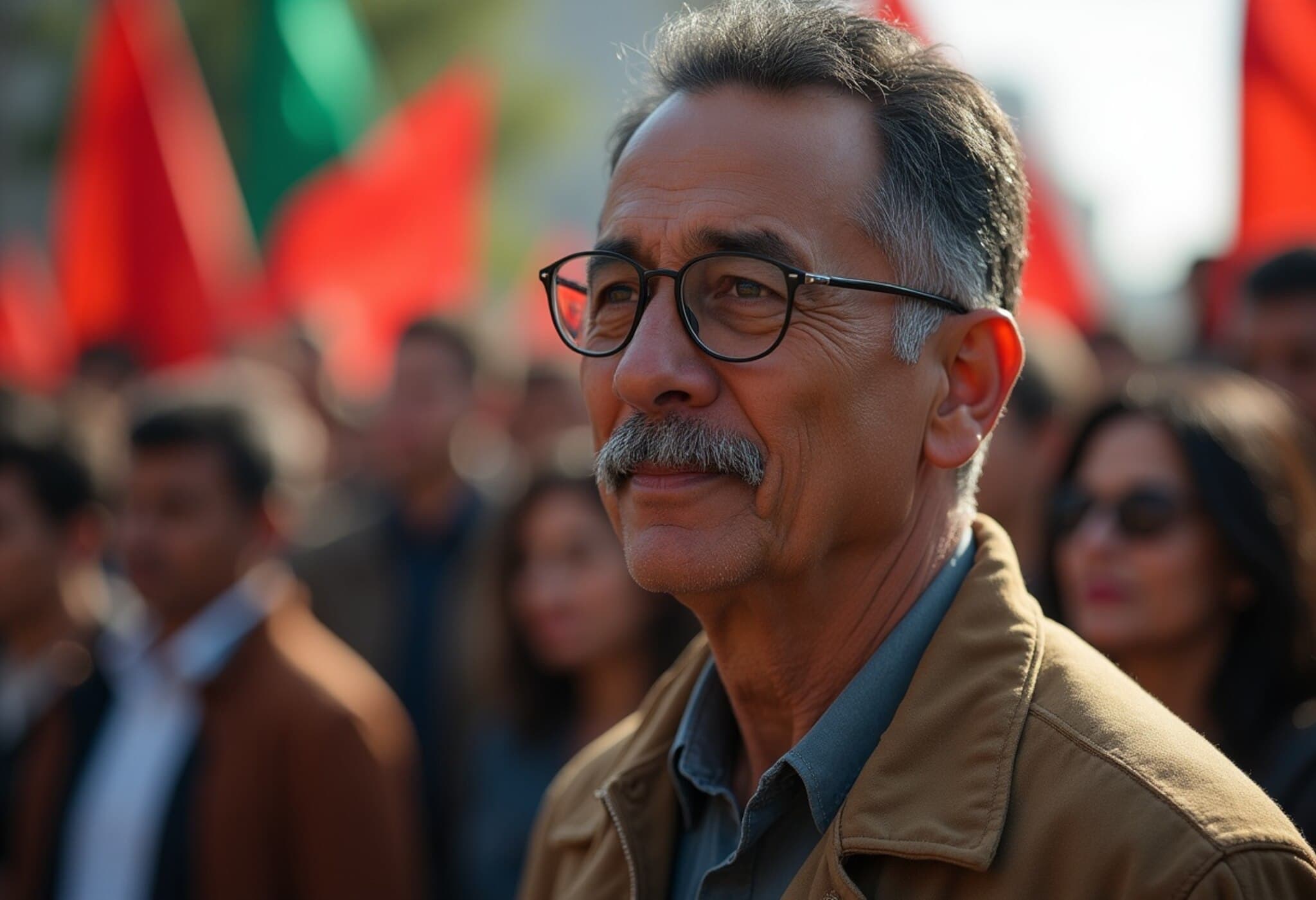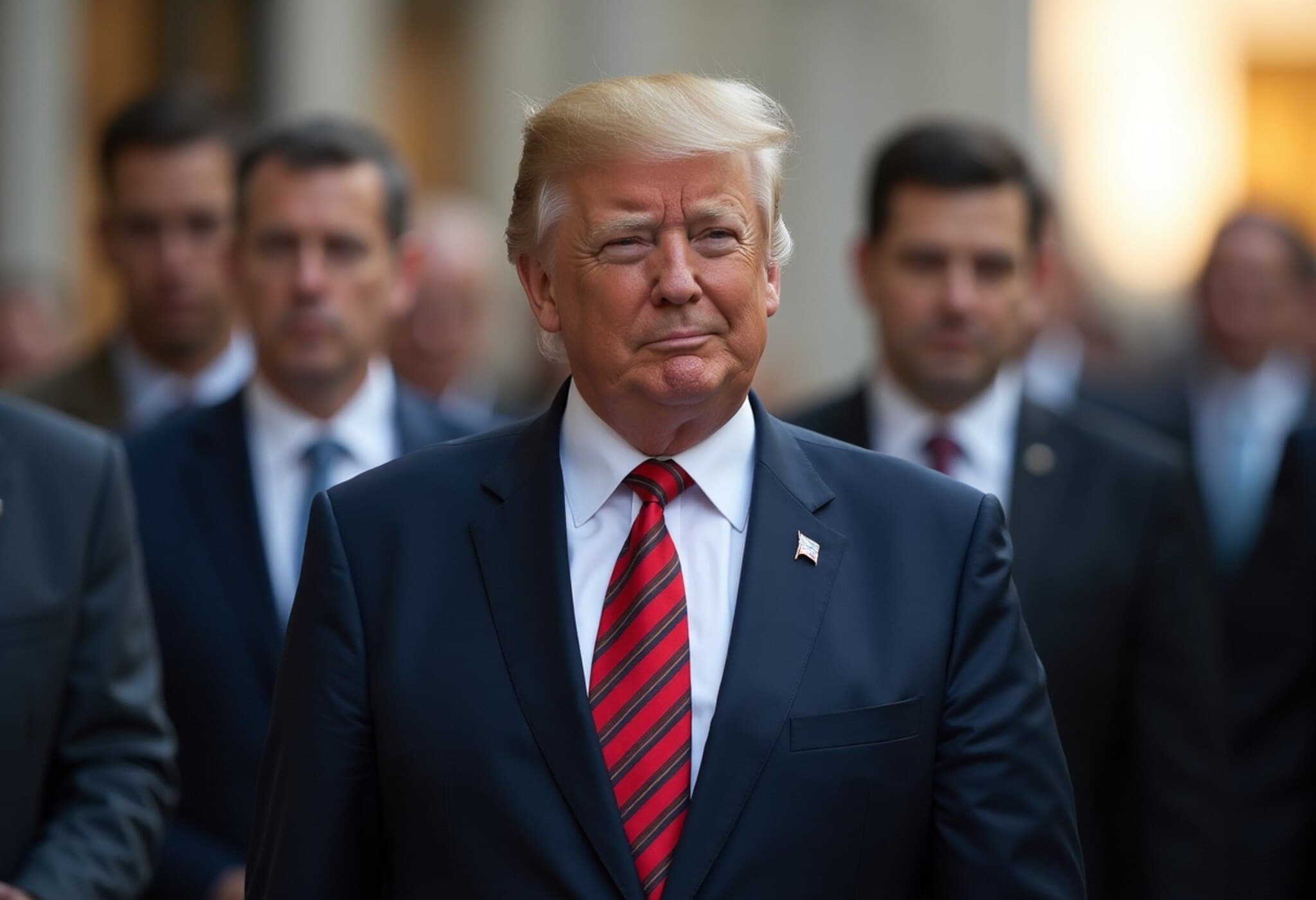Thousands Take to Tel Aviv Streets Calling for Gaza War to End
On Sunday evening, the heart of Tel Aviv transformed into a sea of demonstrators as tens of thousands gathered to voice a powerful demand: an end to the ongoing Gaza war and the immediate release of hostages. This mass rally, widely regarded as the largest in Israel since hostilities ignited on October 7, 2023, marked a pivotal moment of civil outcry amid prolonged conflict and mounting humanitarian concerns.
A Nation at a Crossroads: Voices from Hostage Square
The protest centered on Hostage Square, a symbolic plaza that has become the focal point for collective mourning and resistance throughout the conflict. The Hostage and Missing Families Forum, the organizer of the day’s demonstrations, reported that approximately 500,000 people participated in the Tel Aviv rally alone, a figure not independently verified by police but indicative of widespread unrest.
Leading voices in the protest underlined the urgency of their demand for a peaceful resolution. Einav Zangauker, whose son Matan remains captive, addressed the crowd with poignant words: “The Israeli government has transformed a just war into a pointless war.” Her statement echoed throughout the plaza, encapsulating the frustration and pain felt deeply by many families affected by the conflict.
Adding a raw, human element to the proceedings, national media broadcast a video message from Matan himself, filmed under duress by Hamas and subsequently recovered by Israeli forces. His frail appearance and emotional appeal underscored the stakes involved and the human cost of continued hostilities.
Nationwide Strike and Rising Tensions
The protest was not an isolated event but the culmination of a day marked by widespread demonstrations and a general strike across Israel. Protesters engaged in various acts of civil disobedience — from blocking highways to setting tires ablaze — aiming to shut down the country in pursuit of their goals.
- Over 30 arrests were reported as clashes with police erupted in several locations.
- In contrast, some urban centers like Jerusalem’s main shopping district remained functional, with residents contributing to the cause in subtler ways.
This nationwide upheaval reflects increasing discontent with the government's war strategy. Notably, Prime Minister Benjamin Netanyahu denounced the protests as counterproductive, warning they risk empowering Hamas and prolonging hostage captivity.
Context: The Conflict and Its Human Toll
The unfolding crisis traces back to October 7, 2023, when Hamas launched a coordinated offensive against Israel, resulting in the deaths of over 1,200 people, predominantly civilians, and the capture of 251 hostages. As of now, Israel reports 49 captives remain, including 27 confirmed deceased.
Meanwhile, Gaza continues to endure devastating consequences. The Hamas-run health ministry — whose data the United Nations considers reliable — reports that more than 61,944 Palestinians have died, most of them civilians, highlighting the profound human cost overshadowing geopolitical maneuvering.
Diplomatic Efforts and Uncertainties Ahead
International mediators, primarily Egypt, are striving to broker a ceasefire lasting 60 days that would facilitate hostages’ release and halt further bloodshed. However, previous talks mediated in Qatar collapsed, underscoring the formidable challenges ahead.
The tension between calls for peace and continued military operations highlights an uneasy crossroads for Israel and Gaza. The recent approval by Israel’s security cabinet to move forward with plans to capture Gaza City signals an escalation, setting the stage for a decisive and potentially devastating chapter in this prolonged conflict.
Expert Insight: The Domestic and International Implications
The massive turnout in Tel Aviv reveals shifting public sentiment within Israel, where war fatigue is now confronting hardline policy. Analysts suggest that such widespread civil mobilization could pressure policymakers towards diplomatic engagement or recalibration of military objectives.
Moreover, the protests underscore a broader tension familiar to democratic societies: balancing national security imperatives with accountability to citizenry demands for peace and humane treatment of prisoners. In the US and beyond, policymakers concerned with regional stability would do well to consider the ramifications of this internal Israeli dissent on the wider Middle East peace process.
What’s Next?
As residents of Israel navigate between hope for their loved ones' safe return and the harsh realities of war, the calls from Tel Aviv’s streets crystallize a universal yearning for peace. The coming weeks will be critical, with the potential to alter trajectories not only for hostages and combatants but for future generations living amid this fraught landscape.

